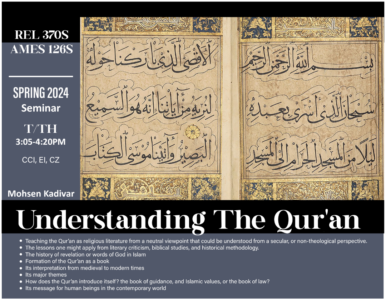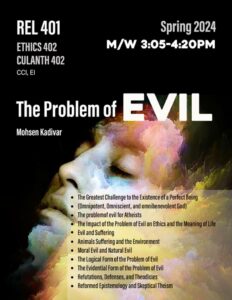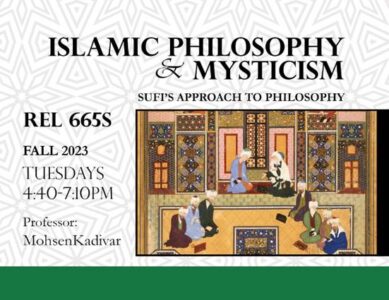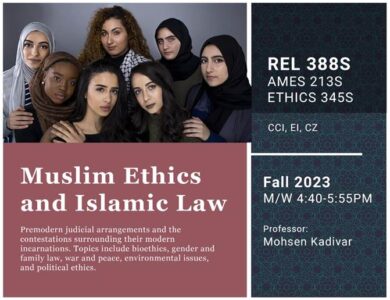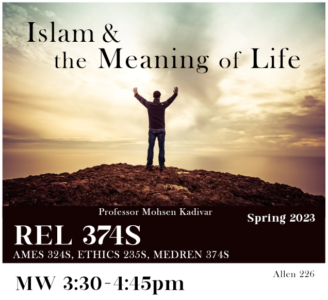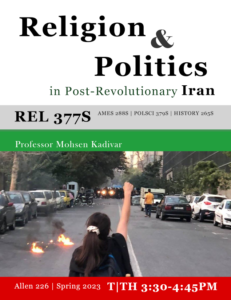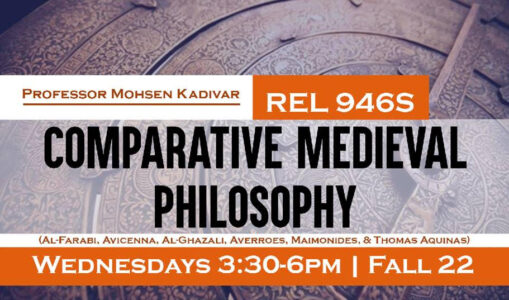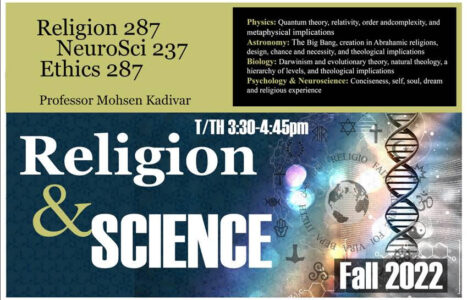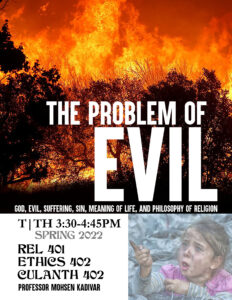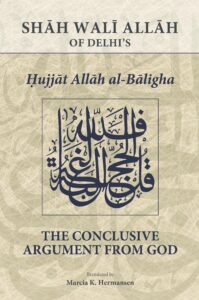
Philosophy of Shah Wali Allah
Shah Waliullah Dehlavi (1703-1762) was an Indian theologian, Sufi of the Naqshbandi order, and promulgator of modern Islamic thought who first attempted to reassess Islamic theology in the light of modern changes. This course explores his philosophy, including the philosophy of religion, theology, and mysticism. We focus on a critical analysis of three of his masterworks that were translated into English and discuss his major principles and key terms in theoretical mysticism: Ḥujjat Allāh al-Bāligha (The Conclusive Argument from God), and The Lamaḥāt (Flashes/Glimpses of Philosophy), and The Sataʿat (Illuminations).


